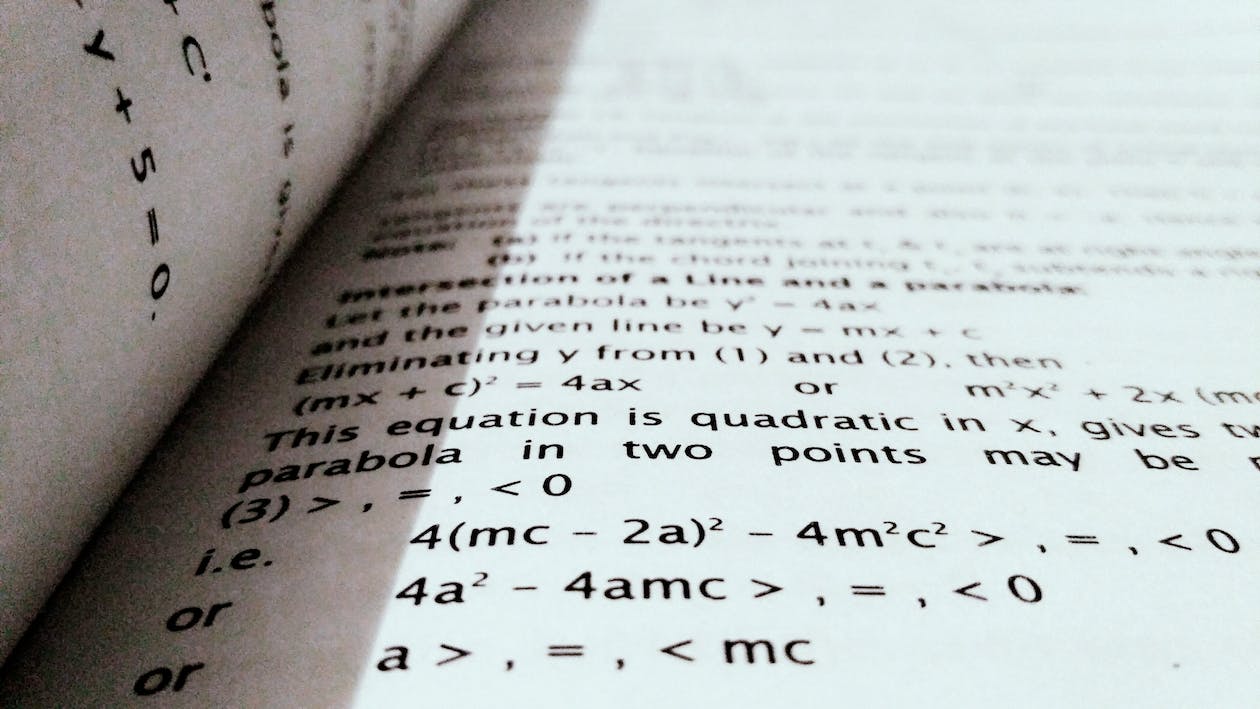Mathematics is a significant part of our lives; we see it every time whether we are aware of it or not. We might be aware of the standard math subject we have in school, but mathematics is much broader compared to what some people used to know. Furthermore, in our modern world, mathematics is present in most objects we see, such as computers, smartphones, and many other technologies.
With these said, we can say that mathematics is a lot more complicated than we ever knew. How exactly does this complex subject begin, and how did the earliest mathematicians use mathematics to contribute to the advancement of civilization?
There are many great minds behind the mathematics that we’re benefiting from today – you can read more about one Capable Mathematician of History: Isaac Newton. In this article, we are going to look into the history of mathematics and how did it evolved into the science we know today.
What is Mathematics?
Mathematics is a branch of formal science, which includes the study of more specific topics such as quantity, structure, space, and change. We are more familiar with these topics with the subjects we have in school, including algebra, geometry, number theory, and many others. We usually associate math with numbers, which we use to identify a specific value and perform various calculations.
Since ancient times, people used mathematics to create predictions and insights about a particular phenomenon. Until today, experts use such calculations to make predictions and to prove the legitimacy or falsity of some topics. Other uses of mathematics are counting, measurement, as well as studying the shape and motion of physical objects.
The ancient mathematician, Aristotle, once described mathematics as “the science of quantity.” Over the years, mathematics started to expand and reached a much broader perspective. That was when different mathematicians proposed various definitions for it. Because of this rather ever-changing definition of mathematics, some experts considered it as undefinable and did not have any generally accepted meaning.
What is the Origin of Mathematics?
We can trace back the origins of mathematics from prehistoric people, wherein they used bones to record and document numbers, quantities, or even messages. This primitive method of recording numbers is called tallies. This counting device was used thousands of years ago, which helps ancient people to count physical objects, as well as abstract quantities such as time.
Experts found evidence for more advanced use of mathematics, which dated back to 3000 BC in Egypt and Mesopotamia. During this period, Babylonians and Egyptians already knew how to use more complex math, such as arithmetic, algebra, and geometry.
Fast forward to the 6th century BC, when a new form of systematical study of mathematics was introduced to Ancient Greeks. The Greeks developed this ancient study, which eventually made it a subject in its own rights called Greek mathematics. Years later, great mathematicians came into existence, such as Euclid and Archimedes, who both contributed to the development of modern-day mathematics.
Several other countries contributed to the advancement of mathematics, and one of the most remarkable was during the Golden Age of Islam during the 9th and 10th centuries. There are several significant achievements during this period, which made a huge impact on the evolution of math. One of the most remarkable among their work is Algebra, which is one of the fundamental subjects in schools today.
During the early modern period, several other discoveries were made by notable mathematicians. One of the achievements during this period was the development of calculus by Newton and Leibniz, which led to further study of mathematics. Many other mathematicians came into the scene, who made various discoveries and development in mathematics.
Most Notable Mathematicians
- Pythagoras – he was one of the earliest math wizards who popularized the Pythagorean theorem, which is still used today.
- Euclid –he was one of the first Greek mathematicians who was famous for his book – Elements.
- Archimedes –Another Greek mathematician during the 3rd century BC. He was considered the greatest mathematician of all time because of his various contributions to the development of mathematics. He is famous for his understanding of physics in ancient times, as well as estimate the value of pi. He is also responsible for popularizing the term “Eureka!”
- Blaise Pascal – he was a French mathematician who is famous for his various contributions to mathematics. One of his most well-known work is his invention of the early digital calculator. He is also responsible for developing the Pascal’s Triangle, which is used in Algebra.
- Isaac Newton – most of us probably know the great scientist Isaac Newton because of his famous laws of physics. Besides this, he is also the inventor of calculus, which is widely used in our modern world.
- Gottfried Wilhelm Leibniz – he was a German mathematician, which other people said to be the inventor of calculus. He developed calculus at the same time as Newton, which sparked debates among historians as to who is the first person to develop calculus. However, the work of Leibniz proved to have more details that we continue to use today.
